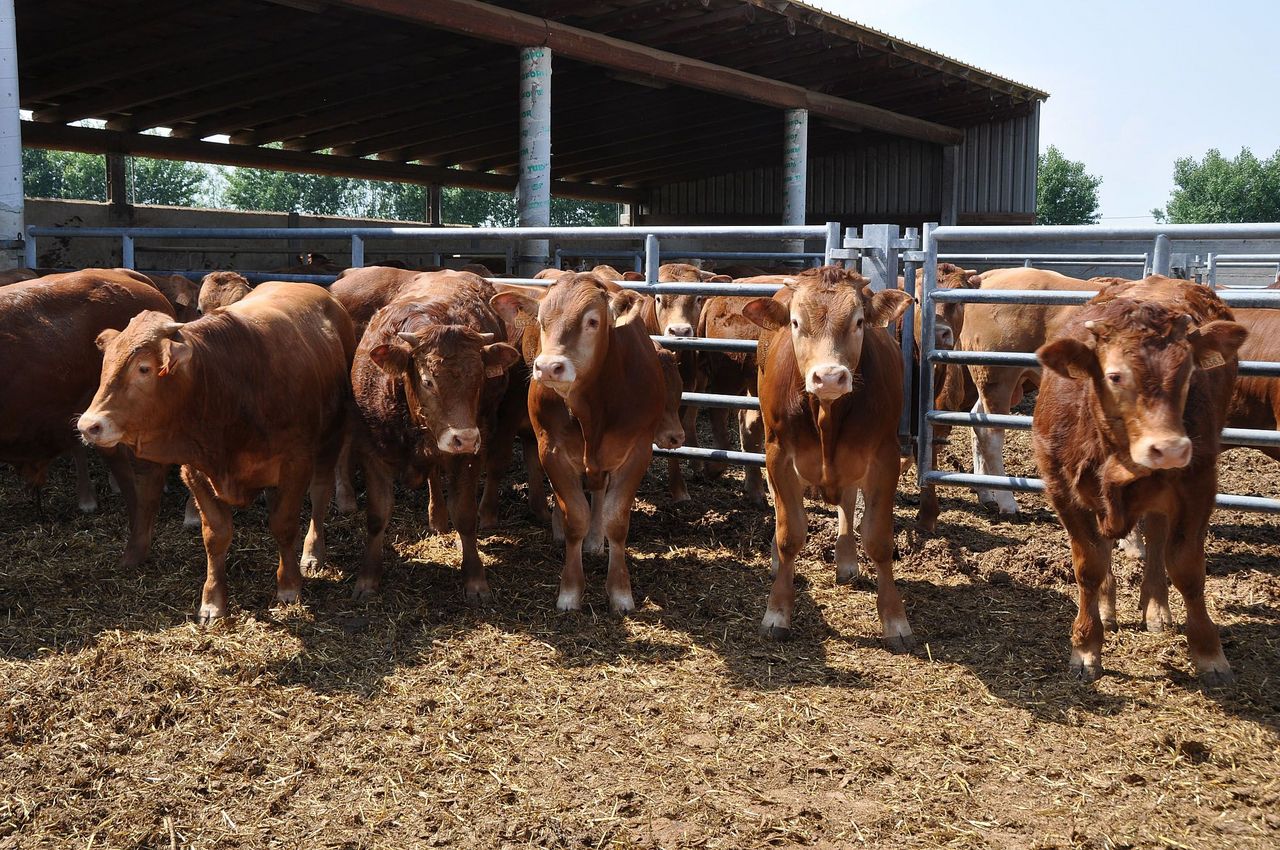Project
Construction of stables: trade-offs between animal welfare and emissions

Conditions for investments in animal-friendly stables taking into account the effect on climate and emissions.
To achieve improvements in animal welfare, livestock housing often has to be modified. The necessary investments are supported by the Rural Development Programme, but environmental protection requirements often hinder their realisation.
Background and Objective
The trade-off between animal welfare and climate protection is a concern for livestock farming in Germany as well as in the EU. For socially accepted and sustainable livestock farming, animal welfare must be improved and at the same time these improvements should be accompanied by a reduction in emissions.
So called "particularly animal-friendly husbandry practices" are already supported through the Rural Development Programme (RDP) measure „Support for investments in restructuring or modernisation / investments in physical assets“ (M04). However, a link between animal welfare and climate protection goals as well as an effective contribution of the investment support to improve animal welfare have hardly been observed so far, so that adjustments seem to be necessary. In addition, the design of the investment support measures varies greatly between the federal states of Germany and between EU member states despite the common policy framework in Germany and the EU.
Against this background, the aim of the project is to develop recommendations for suitable policy measures to achieve animal welfare while at the same time considering environmental protection goals. To this aim,
(1) obstacles to and favourable factors for the construction of animal-friendly housing are to be identified,
(2) best practices of support measures from Germany and EU Member States are to be described and
(3) proposals for the improvement of (RDP) support measures and the legal and economic framework are to be developed.
Approach
Based on a literature review as well as expert interviews, the project will:
(1) identify obstacles to and favourable factors for the construction of animal-friendly housing,
(2) describe best practices of support measures from Germany and other EU Member States
(3) develop proposals for the improvement of support measures and the legal and economic framework.
Thünen-Contact

Involved Thünen-Partners
Duration
2.2023 - 1.2026
More Information
Project status:
Publications to the project
- 0
Schmitt J, Offermann F, Ribeiro AFS, Finger R (2024) Drought risk management in agriculture: A copula perspective on crop diversification. Agric Econ 55(5):823-847, DOI:10.1111/agec.12851
- 1
Schmitt J, Offermann F, Finger R (2024) Reducing yield risks of extreme weather events by combining crop diversification and insurances. Braunschweig: Thünen Institute of Farm Economics, 2 p, Project Brief Thünen Inst 2024/16a, DOI:10.3220/PB1716531974000
- 2
Schmitt J, Offermann F, Finger R (2024) Risikoreduzierung durch Anbaudiversifizierung und Versicherungen bei Extremwetterereignissen. Braunschweig: Thünen-Institut für Betriebswirtschaft, 2 p, Project Brief Thünen Inst 2024/16, DOI:10.3220/PB1716531659000
- 3
Schmitt J, Offermann F, Söder M, Frühauf C, Finger R (2022) Extreme weather events cause significant crop yield losses at the farm level in German agriculture. Food Policy 112:102359, DOI:10.1016/j.foodpol.2022.102359
- 4
Offermann F, Duden C, Schmitt J (2021) Sind staatlich subventionierte Versicherungen die Antwort auf Extremwetterereignisse? Erfahrungen aus dem Bereich der Landwirtschaft. Ifo Schnelldienst 74(11):11-14



![[Translate to English:] Logo des Bundesministerium für Ernährung und Landwirtschaft](/media/allgemein/logos/BMEL_Logo.svg)